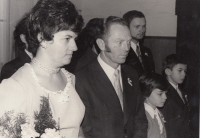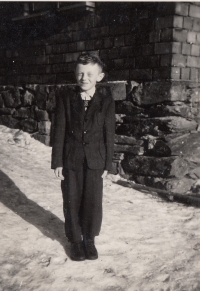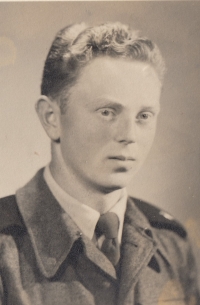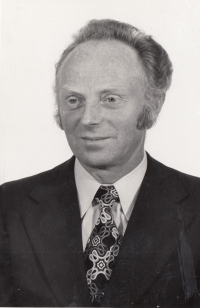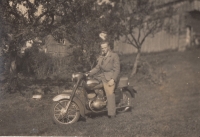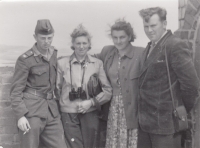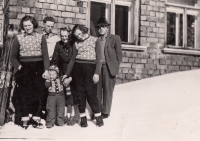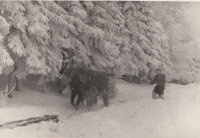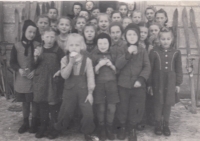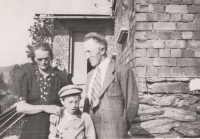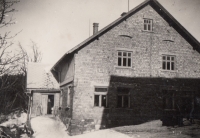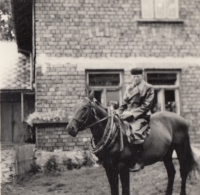Thanks to father they were allowed to stay, the rest of the family was expelled

Stáhnout obrázek
Rudolf Schmidt was born on 15 September 1935 in Deštné v Orlických horách into a mixed Czech-German marriage. He had three sisters and spent his childhood on the family farm. Because of his origins, he attended a German school. After the war, thanks to his Czechoslovak nationality, his father managed to prove his integrity and secure an exemption for the family from the expulsion of the German population. Rudolf Schmidt joined the compulsory military service in 1956. During two years he changed several garrisons in Bohemia and Moravia. The family farm was nationalised by the communists. After the compulsory military service, he worked in the winter season at the Adamovské strojírky in Dobruška or in a joinery. In the summer he took care of cattle, which were driven by the Unified Agricultural Cooperative (JZD) to pastures in the Orlické Mountains. He married and had a daughter. In 2023 he lived in Šediviny.
